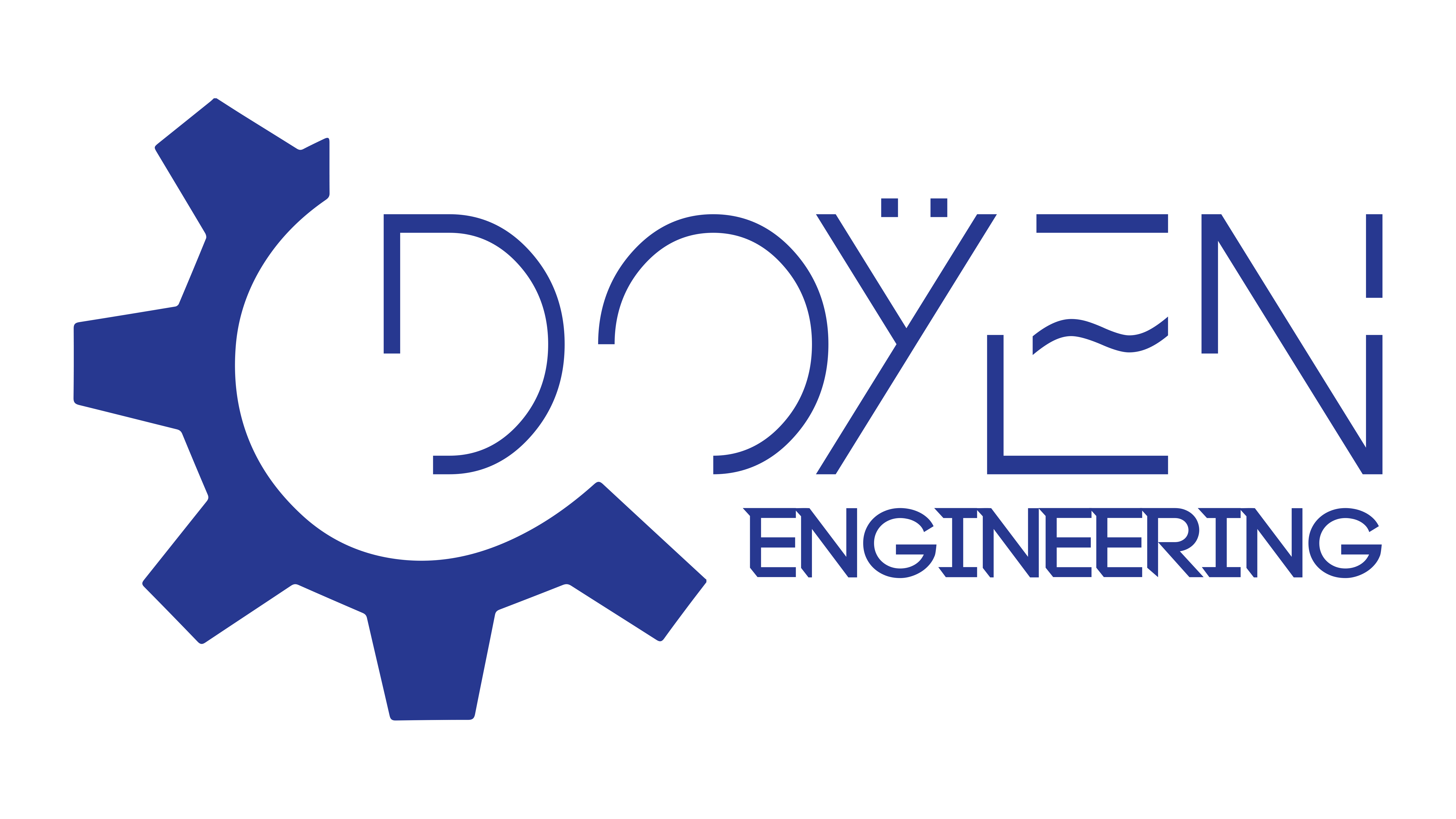
Introduction
Importance of Mentorship in Electrical Engineering
Mentorship plays a pivotal role in shaping the careers of aspiring electrical engineers. The journey through this complex field can be overwhelming, filled with technical challenges and evolving technologies. A good mentor can provide guidance that accelerates learning and fosters confidence. Consider the story of Jane, a recent engineering graduate. Her mentor helped her navigate her first job by sharing industry insights and technical tricks, vastly improving her performance. Here are some key points highlighting why mentorship is essential:
- Knowledge Transfer: Experienced mentors provide valuable insights that textbooks cannot.
- Networking Opportunities: Mentors can introduce mentees to industry contacts, enhancing job prospects.
- Personal Growth: Mentorship encourages self-reflection and professional development.
Overall, having a mentor can significantly impact an electrical engineer's career trajectory, making it an invaluable resource.

Understanding Mentorship in Electrical Engineering
Qualities to Look for in a Mentor
Finding the right mentor is critical for success in the field of electrical engineering. The ideal mentor should possess several key qualities that nurture growth and development. Here’s what to look for:
- Experience and Expertise: A mentor with extensive industry experience can provide firsthand knowledge.
- Empathy and Patience: A supportive mentor understands your challenges and offers guidance at your pace.
- Good Communication Skills: They should be able to express ideas clearly, fostering open dialogue.
- Availability: Regular access to your mentor is essential for sustained growth.
Benefits of Having an Electrical Engineering Mentor
The advantages of having an electrical engineering mentor are numerous and impactful. For instance, consider Mike, who credits his mentor for guiding him through complex project challenges. Here are some benefits that align with his experience:
- Skill Development: Mentors help refine technical skills and competencies needed in the field.
- Career Guidance: They provide insights on career paths, industry trends, and job search strategies.
- Enhanced Confidence: Regular encouragement and feedback boost the mentee's self-esteem and professional confidence.
In essence, a strong mentor-mentee relationship fosters growth, paving the way for future success in electrical engineering.
pexels
How to Search for a Mentor
Networking within the Industry
Once you understand the importance of mentorship in electrical engineering, the next step is searching for the right mentor. Networking within the industry is a powerful tool for finding potential mentors. Attend industry conferences, seminars, or local meetups where professionals gather. For example, Sarah found her mentor at an engineering expo where they bonded over a shared interest in renewable energy. Here are a few strategies for effective networking:
- Join Professional Organizations: Such memberships often facilitate networking events and workshops.
- Participate in Volunteer Opportunities: Engaging in community projects can introduce you to seasoned professionals.
Utilizing Online Platforms for Mentorship
In today’s digital age, online platforms are incredibly valuable for connecting with mentors. Websites like LinkedIn and dedicated mentorship platforms allow you to reach a broader audience. For instance, Tom used LinkedIn to follow industry leaders and participated in discussions, which ultimately led to a mentorship offer. To maximize online platforms:
- Create an Engaging Profile: Highlight your skills and interests to attract potential mentors.
- Join Industry-Specific Groups: These groups can provide insights and facilitate introductions.
By combining both networking strategies and online platforms, you can effectively broaden your search for a suitable electrical engineering mentor.
Building a Relationship with Your Mentor
Communication and Goal Setting
Once you've secured a mentor, building a solid relationship is crucial for maximizing the benefits of mentorship. Effective communication is the foundation of this connection. Regularly check in to discuss achievements, frustrations, and aspirations. Setting clear goals together can provide direction. For example, Emily and her mentor established quarterly objectives that kept their meetings focused and productive. Here are some tips:
- Schedule Regular Meetings: Consistency strengthens the mentor-mentee relationship.
- Be Open and Honest: Sharing challenges fosters trust and support.
- Track Progress: Keeping a shared document of goals can facilitate accountability.
Learning from Your Mentor's Experiences
Every mentor has valuable experiences that can greatly benefit you. Their journey through challenges, successes, and lessons learned often provides insights that textbooks cannot. For instance, Sam learned about overcoming workplace conflicts while listening to his mentor's stories. Here’s how to extract this wisdom:
- Ask Open-Ended Questions: Encourage your mentor to share their experiences and insights more freely.
- Discuss Industry Trends: Understanding their perspective on industry shifts can help you navigate your career better.
- Reflect on Lessons Learned: Take notes on key takeaways and consider how they apply to your own journey.
By fostering open communication and learning from your mentor’s experiences, you create a rich, rewarding mentorship that significantly contributes to your growth in electrical engineering.
Sustaining Mentorship in the Electrical Engineering Field
Nurturing the Mentor-Mentee Relationship
To ensure long-lasting value from your mentorship in electrical engineering, nurturing the mentor-mentee relationship is essential. Regular appreciation and acknowledgment of your mentor's efforts can strengthen this bond. For example, Alex regularly expressed gratitude for his mentor’s guidance, fostering a deeper connection. Here are some ways to maintain that relationship:
- Provide Feedback: Share what has worked well and where you need more support.
- Celebrate Achievements: Recognize milestones together, no matter how small.
- Share Resources: Pass along articles, podcasts, or events that might interest your mentor.
Giving Back by Mentoring Others
As you grow in your career, consider giving back by becoming a mentor yourself. This not only reinforces your knowledge but also contributes to the community. For instance, after a few years in the field, Lisa started mentoring new interns, which allowed her to reflect on her own journey and maintain a strong understanding of industry trends. Here are a few pointers for becoming a successful mentor:
- Be Approachable: Create a welcoming environment for questions and discussions.
- Share Your Network: Introduce your mentees to industry contacts, opening up new opportunities for them.
Finding the Right Electrical Engineering Mentor
In your journey as a mentor or mentee, the search for the right electrical engineering mentor remains pivotal. Reflect on your experiences and learnings to identify potential mentors who align with your career goals. By focusing on nurturing relationships and eventually passing on knowledge, the cycle of mentorship continues, enriching both the mentor and the mentee. This creates a supportive community, essential for advancing in the field of electrical engineering.





